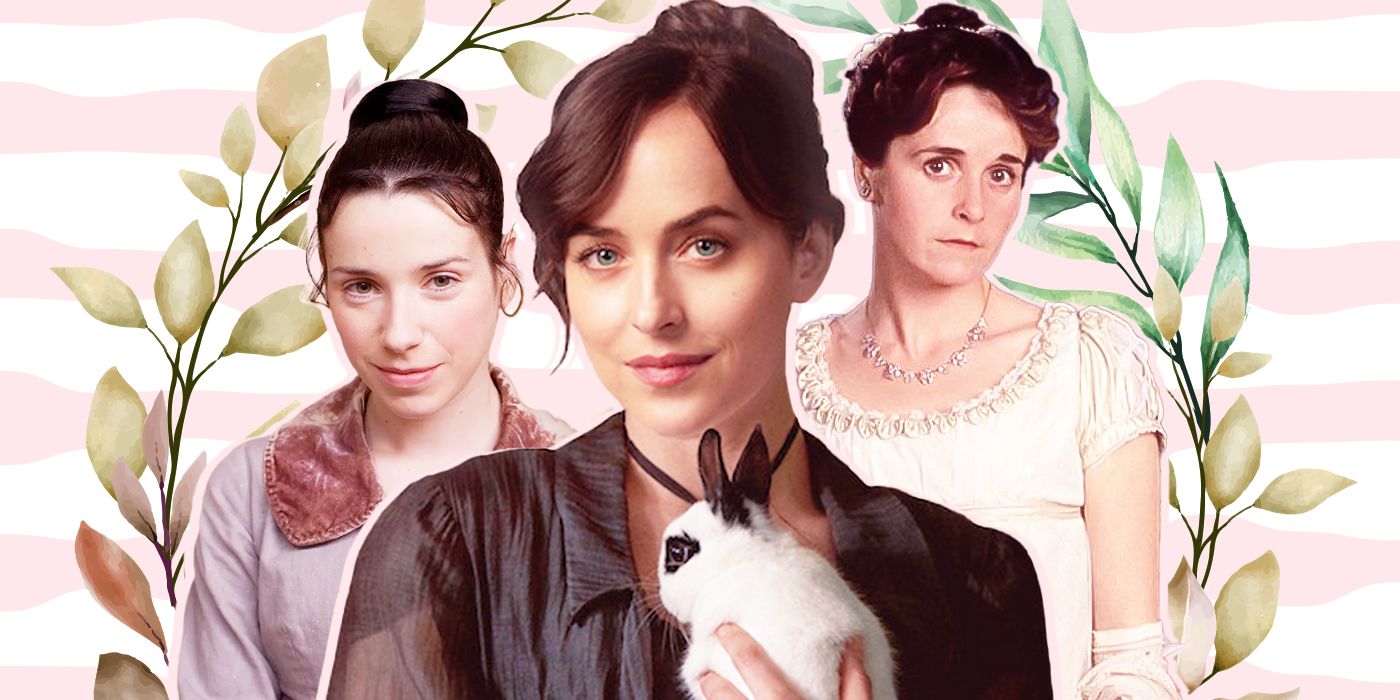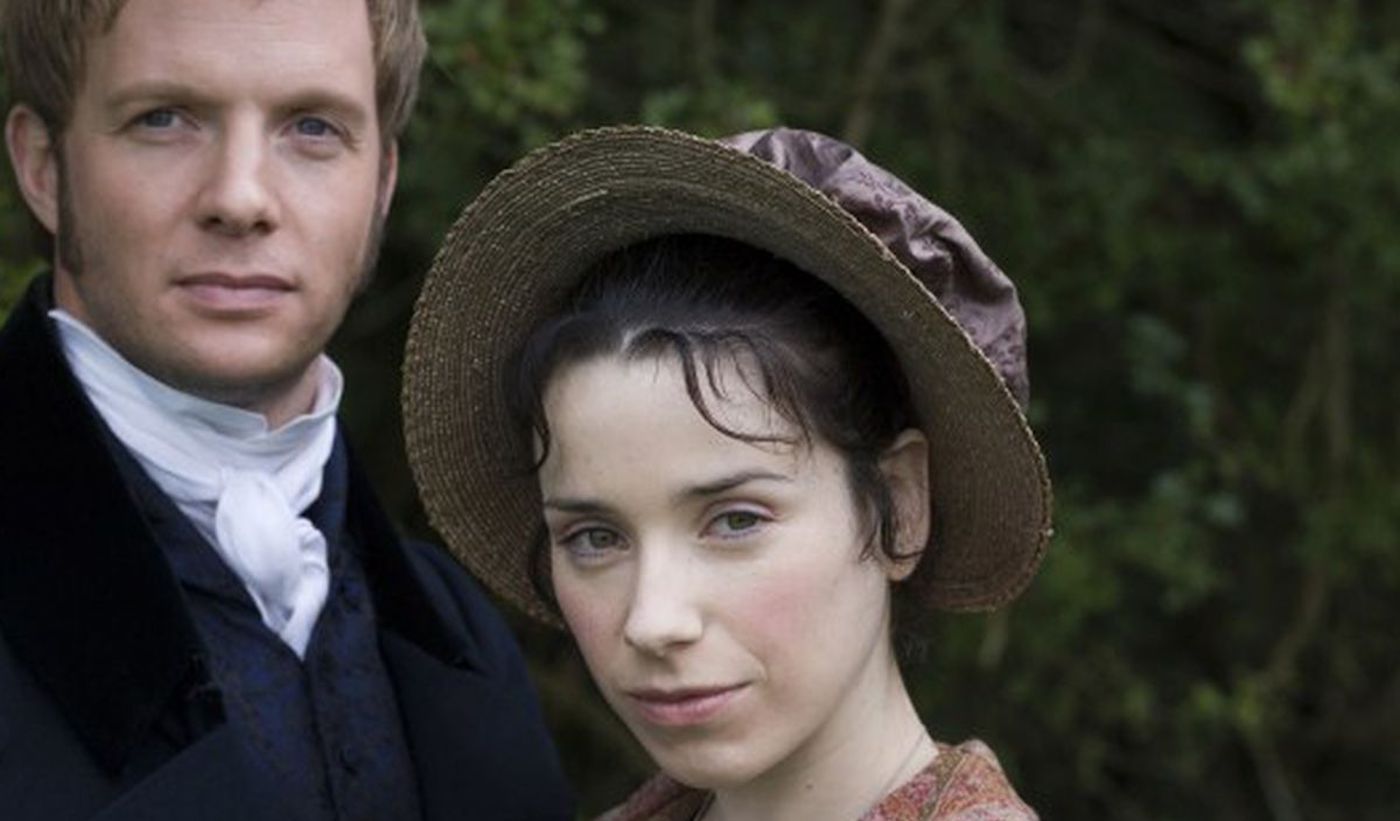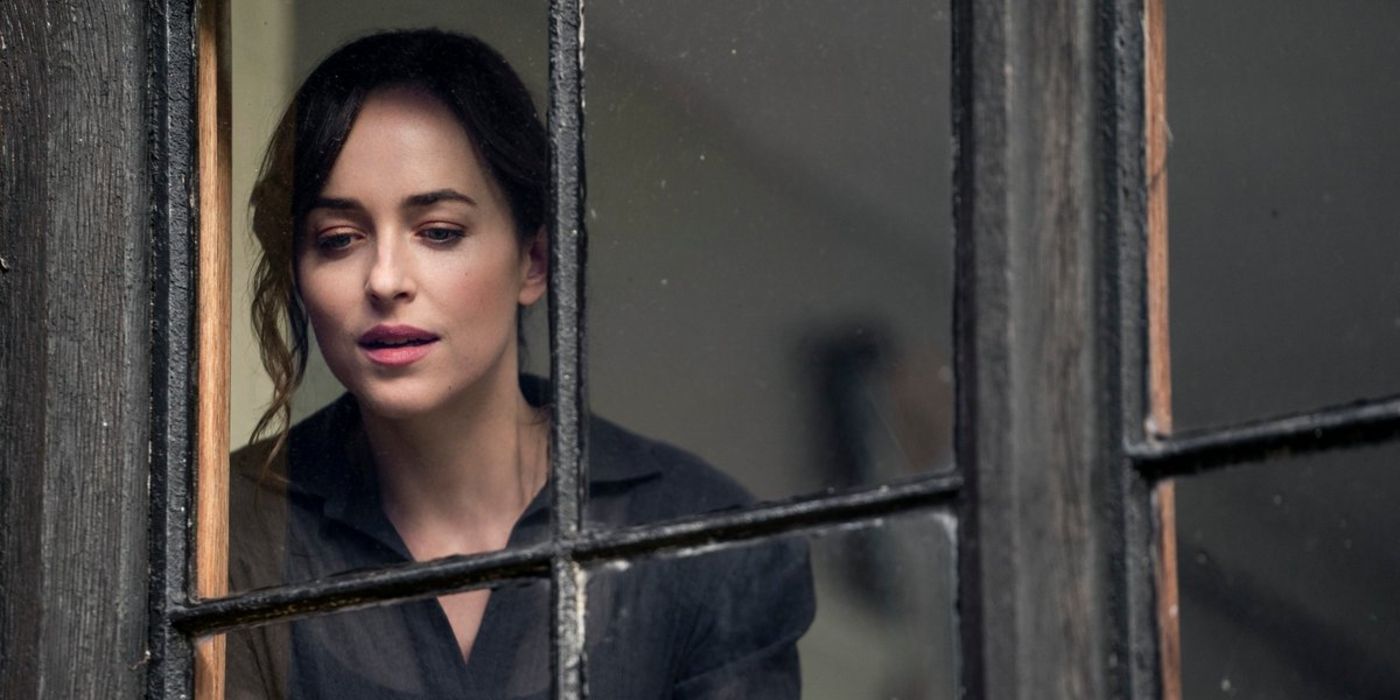With fanciful shows like Bridgerton reviving public interest in Regency-era England, it's no wonder that Jane Austen's novels continue to be a source of inspiration for film directors. Persuasion, published in 1817, is arguably Austen's most sophisticated and emotionally resonant story, hence its enduring hold on the literary and film imagination.
It's the tale of 27-year-old Anne Elliot, persuaded to break off her engagement to penniless sailor Frederick Wentworth eight years before the novel begins. When Wentworth returns to England newly rich and in search of a wife, both characters are forced to come to terms with the past: Anne regrets her youthful indecisiveness and vulnerability to the opinions of others; Wentworth struggles to overcome his lasting anger about their breakup. The narrative closeness to Anne's thoughts and feelings permits a psychological intimacy that, though challenging to replicate onscreen, is critical to the story's success.
Indeed, the most successful film adaptations of the novel — from Roger Mitchell's lavish 1995 rendition, starring Amanda Root and Ciarán Hinds, to Adrian Shergold's poetic 2007 version, led by Sally Hawkins and Rupert Penry-Jones — have been anchored by their strong, and faithful, interpretations of Anne Elliot's character. At the beginning of both films, Anne is largely silent and ignored. As an unmarried woman in her late 20s, she is entirely dependent on her family for economic survival and is alternately treated as nurse, confidante, and servant.
Torn from her beloved home due to her father's spendthrift practices, and long neglected by her self-centered sisters, Anne could be read as a perennially pathetic and downtrodden figure in the hands of less capable actresses, but both Root's and Hawkins' performances get to the truth of her character. Namely, it's Anne's maturity and ability to overcome adversity — from the loss of her home, to Wentworth's cold behavior towards her when they reunite, to his impulsive flirtation with her naïve sister-in-law — that makes her sympathetic and endearing, rather than an object of pity.
Root's charismatic performance captures both the important and humorous nature of Anne's role within her family, however underappreciated it is. She's frequently turned to for advice and even finds herself mediating in her younger sister's unhappy marriage and fraught relations with her in-laws, much to her own chagrin. Anne's sense of hesitance and embarrassment around Wentworth (an eminently appealing Hinds), and her enduring love for him, is often conveyed through longing glances and painful silences. Yet, Root is, by nature, such a cheerful actress that her eventual reconciliation with Wentworth almost feels like a forgone conclusion. It's not a question of if, but when, he will come to his senses.
By contrast, Hawkins' Anne Elliot seems truly wounded by Wentworth's initial froideur, and the "perpetual estrangement" that she so keenly fears seems possible, making it all the more moving when they reunite. Hawkins' focus on the character's internality, expressed through her occasional breaking of the fourth wall and enhanced by the film's use of Austen's original prose, highlights Anne's growing inward strength. It's this strength that enables her both to endure the humiliation of Wentworth's return and to think quickly in a potentially fatal scenario. Her clear-headedness, at last, causes her former love, played by a grave and imposing Penry-Jones, to realize the error of his ways. Her reflective and cautious nature eventually gives her the upper hand in her interactions with Captain Wentworth; while she has concealed her emotions to keep the peace, his palpable anger nearly ruins their chance at reuniting. In the end, it's Anne's self-awareness that allows her to endure the unendurable. And her journey from profound, but unexpressed, misery to quiet happiness makes her the heroine of the story.
Carrie Cracknell's modernized 2022 adaptation, starring Dakota Johnson and Cosmo Jarvis, fails to capture both the depths of Anne's despair and the extent of her growth throughout the story, satirizing rather than fully examining her agony. Because of this, Johnson's Anne Elliot comes across as the hapless heroine of a 21st-century romantic comedy or a modernized Regency show — Fleabag meets Daphne Bridgerton — and not the three-dimensional character that she deserves to be. Loyalty to Anne's psychological journey might have overcome the film's pointed anachronisms and uninspiring jokes. Still, as it stands, it's a cringe-worthy Regency frolic that doesn't hold a candle to previous film adaptations. Even the most fairweather of Austen fans will find greater emotional resonance in Hawkins' quiet but steely Anne.
Ultimately, Hawkins' performance remains the most psychologically apt interpretation of Anne Elliot to date. Few actresses could capture the depths of Anne's emotions with so few lines — particularly in the first half of the film — yet Hawkins manages to do just that. Underneath Anne's quiet exterior is a fierce battle for love and recognition, beautifully conveyed by one of England's most talented actresses.



